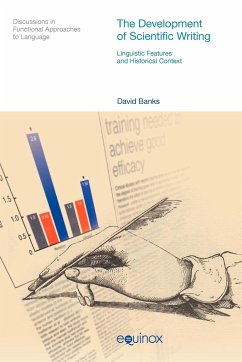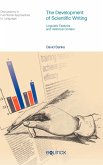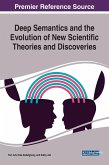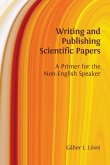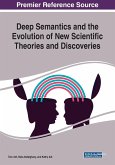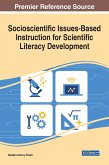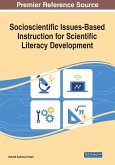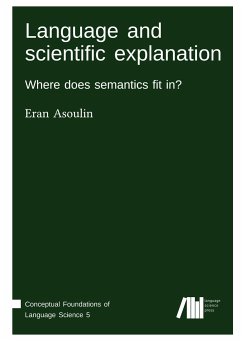This book is one of the first applications of a functional approach to language across time. It first summarizes and evaluates previous studies of the development of scientific language, including Halliday's exploration of this fascinating topic. It then traces the development of scientific writing as a genre, in terms of its linguistic features, from Chaucer's Treatise on the Astrolabe (the first technical text written in English) almost to the present. It goes on to consider texts by major scientists of the late seventeenth century, and then analyses and discusses a corpus of texts taken from the Philosophical Transactions of the Royal Society, covering the period 1700 to 1980. The main linguistic features studied are the use of passive forms, first person pronouns, nominalization, and thematic structure. This brings out the interestingly different patterns of development in the physical and biological sciences. It also highlights previously unnoticed effects, such as the influence of mathematical modelling on texts in the physical sciences - though not, interestingly, the biological sciences - from the late nineteenth century onwards. Thus scientific language - like virtually all language - is intimately related to the context (here the 'field') within which it is produced.

